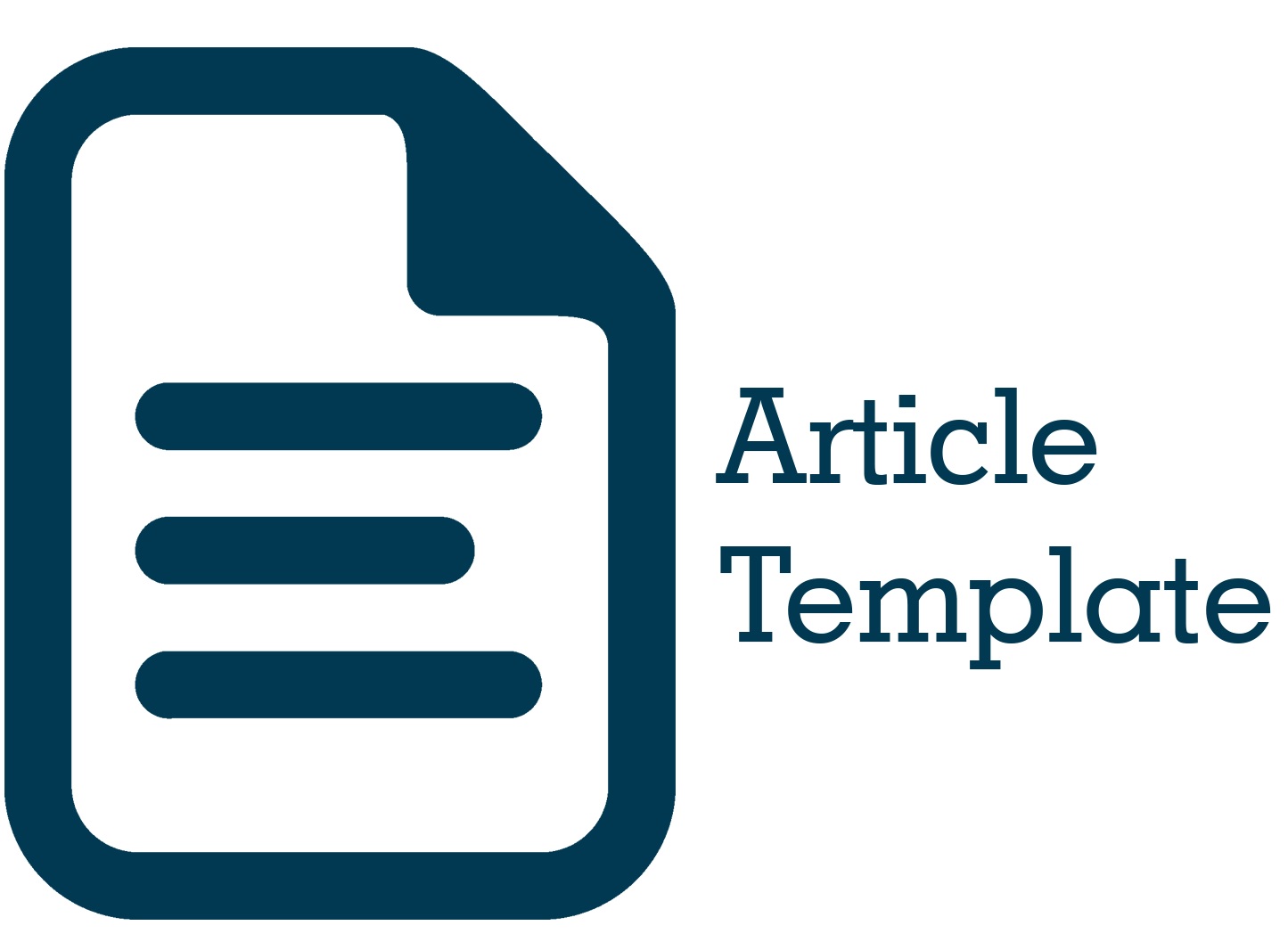Knowledge Management; Suatu Strategi Membentuk Sistem Penjaminan Mutu Internal Perguruan Tinggi Swasta
DOI:
https://doi.org/10.51135/PublicPolicy.v4.i1.p1-13Keywords:
Knowledge Management, Higher Education Quality, Private Higher EducationAbstract
Acceptance of the output of higher education in the world of work with various quality standards that are always increasing is the main prerequisite, demanding tertiary institutions, including private universities, to improve their internal quality assurance system so as to produce better accreditation of study programs and study programs. institution. To answer these demands, private tertiary institutions must develop various organizational strategies that can contribute to improving the quality of higher education.
Knowledge Management is a strategy that can be used to improve the quality of education. Technically improving the quality of tertiary institutions can be done by following the steps of the knowledge management system. That is starting from capturing, sharing, applying, and finding knowledge about the internal higher education quality assurance system that meets and exceeds national higher education standards. So it is hoped that a quality culture that will facilitate tertiary institutions to gain public trust through better accreditation values is expected to develop.
Downloads
References
Burgin, M. (2006). KIMIZ DALKIR Knowledge Management in Theory and Practice. Butterworth Heinemann (2005). ISBN 0-7506-7864-x. 44.95/$49.95/ 29.99. 368 pp. Hardbound. The Computer Journal, 49(4), 501–503. https://doi.org/10.1093/comjnl/bxl012
Carrillo, P. M., & Chinowsky, P. (2006). Institutional Repository Exploiting knowledge management : the engineering and construction perspective This item was submitted to Loughborough’s Institutional Repository ( https://dspace.lboro.ac.uk/) by the author and is made available under the. Journal of Management in Engineering, 22(1), 2–10.
Creswell, J. W. (1998). Qualitative Inquiry and Research Design: Choosing Among Five Traditions. California: SAGE.
Davidson, C., & Voss, P. (2018). Knowledge Management: An Introduction to Creating Competitive Advantage from Intellectual Capital. In Knowledge Management: An Introduction to Creating Competitive Advantage from Intellectual Capital.
Liebowitz, J. (2012). Knowledge Management Handbook. In Knowledge Management Handbook. https://doi.org/10.1201/b12285
Lolytasari. (2017). Pengelolaan Tacit Knowledge dan Explicit Hidayatullah Jakarta. Pustakaloka, Volume 9 No. 2, November 2017, 323-336.
Ming‐Ten Tsai, K.‐W. L. (2006). A study of knowledge internalization: from the perspective of learning cycle theory. Journal of Knowledge Management,ISSN: 1367-3270, Volume 10 Issue 3, 57-71. doi:https://doi.org/10.1108/13673270610670858
Nonaka, I., & Takeuchi, H. (2001). The knowledge-creating company: How Japanese companies create the dynamics of innovation. Long Range Planning, 29(4), 592. https://doi.org/10.1016/0024-6301(96)81509-3
Permendikbud No 3 Tahun 2020. Salinan Peraturan Menteri Pendidikan dan Kebudayaan Republik Indonesia Nomor 3 Tahun 2020 tentang Standar Nasional Pendidikan Tinggi. , (2020)
Probst, G. J. B. (2018). Management : A Model That Works. Prism, Second Quarter, Arthur D. Little, (1997), 17–29. Retrieved from https://www.researchgate.net/publication/271508998_Practical_Knowledge_Management_-_A_Model_That_Works
Sipahelut, S. W. (2013). Knowledge sharing Implementation on Local NGO (In the perspectives of Husserl transcendental phenomenology). International Journal of Business and Behavioral Sciences, Vol. 3, No, 21–35. Retrieved from https://drive.google.com/file/d/1_k0PyUtYptukn2eV4_OShgO81HbUZA6/view?usp=sharing
Sipahelut, S. W. (2018). Knowledge Management Bagi Organisasi Non Profit. Http://Www.Stiatrinitas.Ac.Id/2023/01/12/Orasi-Ilmiah-Stia-Langgur-2018/.
Subagyo, H. (2007). œModul Pelatihan Knowledge Management. Makasar: Bursa Pengetahuan Kawasan Indonesia Timur (BaKTI)

Downloads
Published
How to Cite
Issue
Section
License
Authors whose manuscripts are published in the Journal of Public Policy must agree to the following terms;
- Publication rights for all manuscript materials published are held by the editorial board with the author's consent.
- The legal formalities for digital access to the Journal of Public Policy are subject to the Creative Commons Attribution Sharealike (CC BY SA) license, which means the Journal of Public Policy has the right to store, redistribute, reformat, manage in a database, maintain, and publish the manuscript without seeking permission from the author as long as the author's name is included as the copyright owner.
- Published manuscripts are open access for the purpose of disseminating research results. Besides this purpose, the editorial board is not responsible for copyright law violations.


.png)



